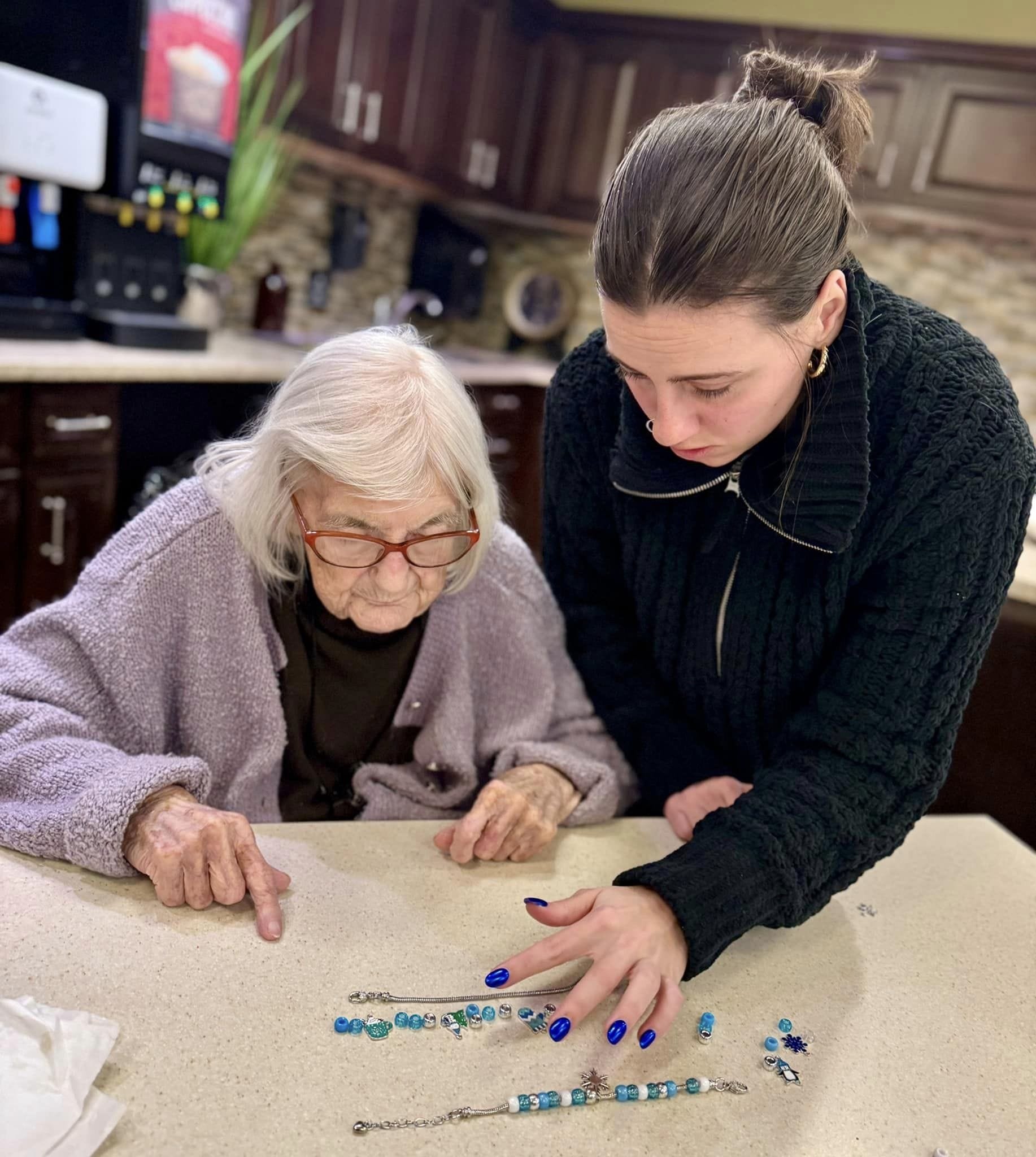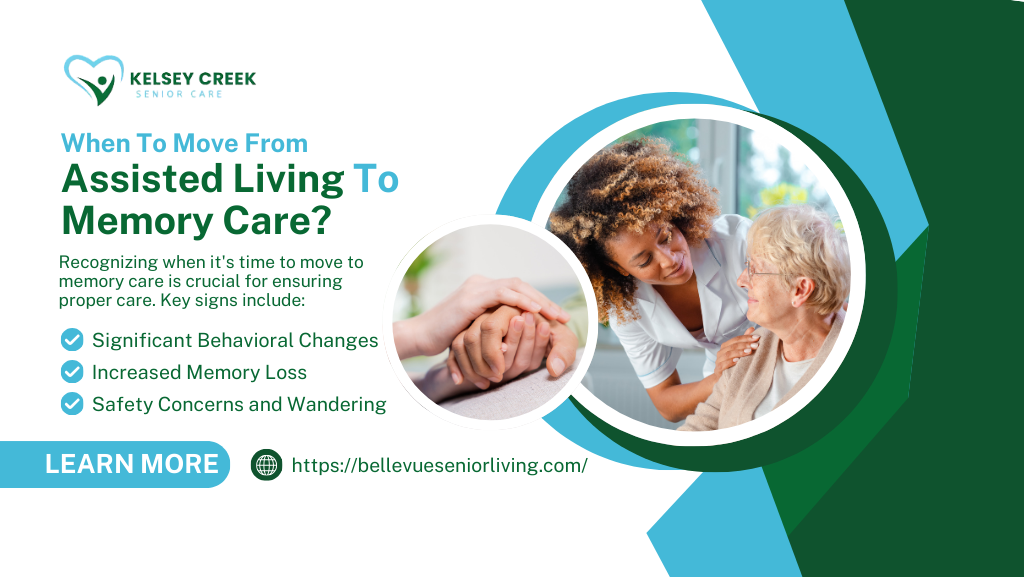Relied On Assistance and Compassionate Services for Alzheimers Care Charlotte
Relied On Assistance and Compassionate Services for Alzheimers Care Charlotte
Blog Article
Producing a Safe and Helpful Environment for Alzheimer's Treatment
The development of a encouraging and risk-free environment for people with Alzheimer's is vital in improving their lifestyle. This involves not just physical adaptations within the home, such as minimizing threats and integrating familiar aspects, but likewise the execution of structured routines and significant activities that provide to their cognitive requirements. In addition, understanding the emotional and psychological dimensions of treatment can dramatically impact their complacency and connection. Discovering these diverse methods can expose essential understandings right into efficient caregiving strategies that may change the day-to-day experiences of both caregivers and patients.
Comprehending Alzheimer's Requirements
Frequently, people with Alzheimer's illness show a series of needs that call for tailored methods to care. As the problem advances, cognitive decrease manifests in numerous methods, affecting memory, thinking, and also the ability to do day-to-day tasks. Caretakers must recognize these progressing requirements to offer ideal support and make sure a higher high quality of life for those affected.
One essential aspect of recognizing Alzheimer's demands is recognizing the relevance of routine and knowledge. Individuals typically find comfort in well-known patterns, which can reduce stress and anxiety and confusion. Caretakers need to aim to produce structured day-to-day routines that include significant tasks straightened with the person's abilities and passions.
Furthermore, effective communication is extremely important. Individuals with Alzheimer's might battle to reveal themselves or comprehend complex language. Caregivers must employ basic, clear language, use non-verbal signs, and practice active listening to foster understanding and link.
Lastly, social and psychological needs can not be neglected. Giving chances for social communication and preserving partnerships can dramatically boost emotional well-being. Caretakers should motivate involvement in area tasks or family celebrations, promoting a sense of belonging and objective. Understanding these diverse demands is important for producing a helpful treatment setting.
Creating a Safe Home
Developing a secure home for people with Alzheimer's disease is essential to promoting and lessening risks freedom. Make sure that pathways are clear and well-lit, as proper lighting decreases disorientation and enhances wheelchair.
Including adaptive features is also crucial. Mount grab bars in washrooms and near stairs, and take into consideration making use of non-slip floor coverings in damp areas. Furthermore, utilizing different colors for floorings and walls can aid in differentiating spaces, assisting to mitigate confusion.
Experience is necessary for individuals with Alzheimer's. Personalizing the setting with familiar items and pictures can reinforce a feeling of belonging and security - Alzheimers Care Charlotte. It is additionally beneficial to have an assigned location for everyday activities, such as reading or crafting, which can give framework to their day
Lastly, implementing a safe exterior room enables secure expedition while linking with nature. By thoughtfully developing the home environment, caretakers can significantly improve the lifestyle for individuals coping with Alzheimer's condition.
Enhancing Interaction Skills

Non-verbal interaction, consisting of facial expressions, motions, and touch, plays a crucial duty in sharing compassion and understanding. Preserving eye call and a calm demeanor can Get More Information improve the comfort degree of the person, advertising a sense of safety and security.
In addition, it is very important to practice active listening. This entails being totally present, showing persistence, and permitting the person to reveal themselves without disturbance. Repetition may be necessary; caretakers must be prepared to revisit inquiries or subjects, as individuals with Alzheimer's may deal with memory recall.
In addition, making use of aesthetic aids or hints, such as photographs or acquainted items, can help with recognition and involvement. Eventually, boosting interaction skills has to do with constructing count on and developing an environment where individuals feel listened to, valued, and comprehended, consequently enriching their quality of life.
Motivating Social Communication
Fostering meaningful social communications can significantly improve the health of people with Alzheimer's condition. Engaging with others not just aids combat sensations of seclusion however also promotes cognitive function and psychological health and wellness. Structured social tasks, such as group arts, crafts and games, or music therapy, create possibilities for residents to get in touch with peers and caretakers, which can cause boosted mood and decreased anxiety.
Developing a welcoming environment that urges socialization is crucial. This can be accomplished by setting up common rooms that promote communication, such as relaxing seating areas or activity rooms. Additionally, incorporating familiar and culturally relevant activities can stimulate memories and urge engagement, permitting individuals with Alzheimer's to really feel even more connected to their past experiences.
Furthermore, caregivers need to be trained to recognize and promote social engagement amongst residents. Basic motions, such as starting discussion or promoting tiny seminar, can help people feel valued and included. On a regular basis arranged social occasions need to be regular yet adaptable, fitting varying degrees of capability and passion. By prioritizing social communication, we can dramatically enhance the lives of those living with Alzheimer's, cultivating a feeling of area and belonging.
Supporting Caregiver Health

To support caregivers, her response companies need to offer routine training and instructional sources to boost their understanding of Alzheimer's illness and caregiving techniques. Offering access to break treatment services permits caregivers to take needed breaks, decreasing tension and tiredness - Alzheimers Care Charlotte. In addition, cultivating an area via support system can assist in psychological sharing and the exchange of useful recommendations among caretakers, producing a network of shared assistance
Mental health and wellness resources, such as counseling solutions, can additionally be vital in resolving the emotional toll caregiving can take. By focusing on caretaker health, we create an even more lasting caregiving atmosphere that not only profits the caretakers themselves yet also boosts the total quality of care obtained by individuals with Alzheimer's. Eventually, supporting caretakers is an essential component in promoting a compassionate and effective care setting.
Conclusion
Finally, the production of a supportive and safe atmosphere for individuals with Alzheimer's is necessary to boosting their top quality of life. By focusing on safety and security through thoughtful style, cultivating emotional wellness with familiar elements, and promoting engagement via structured regimens, caretakers can significantly affect the overall experience of those influenced by this problem. Furthermore, sustaining caretaker wellness is vital, as it inevitably adds to a much more caring and effective treatment setting.
Repeating might be required; caretakers should be prepared to revisit topics or concerns, as individuals with Alzheimer's might struggle with memory recall.

Report this page